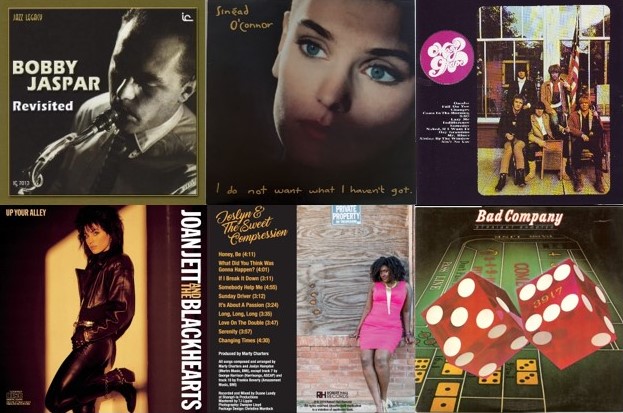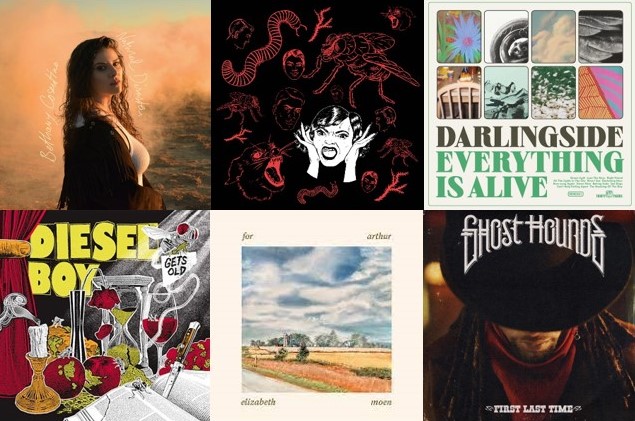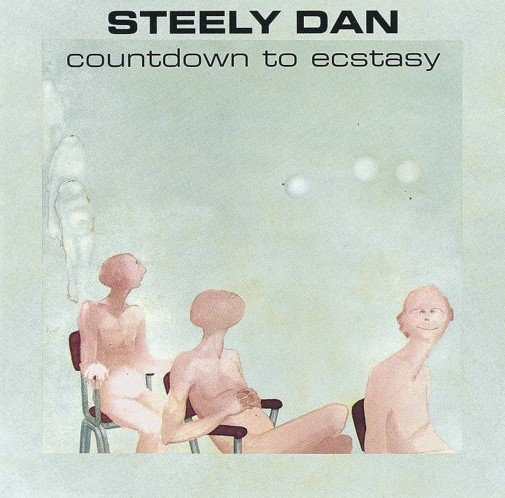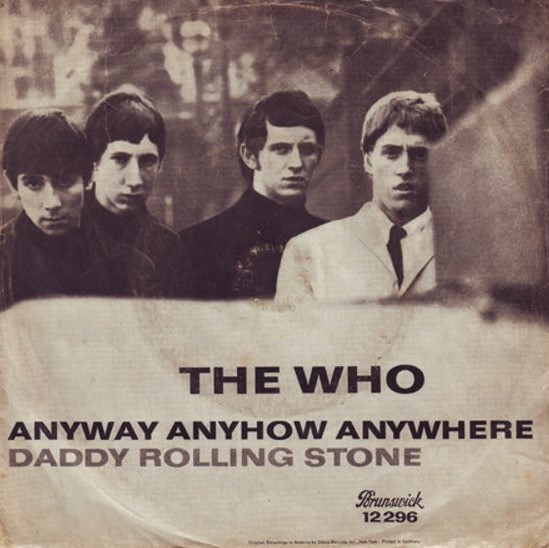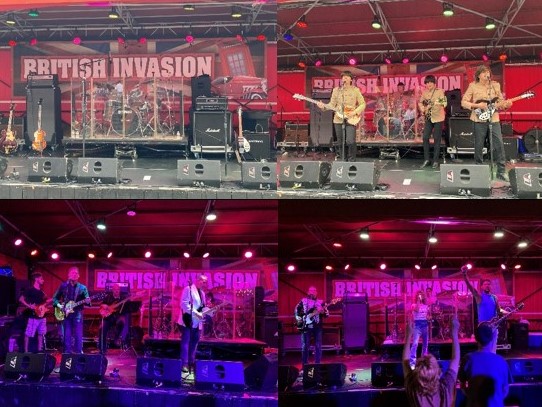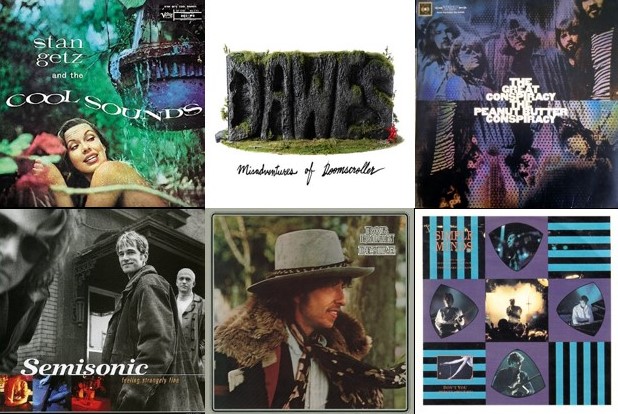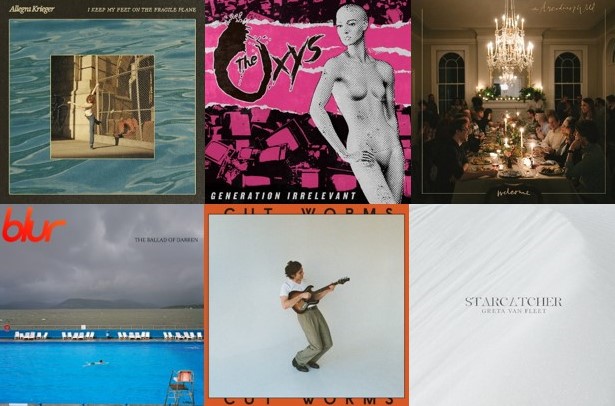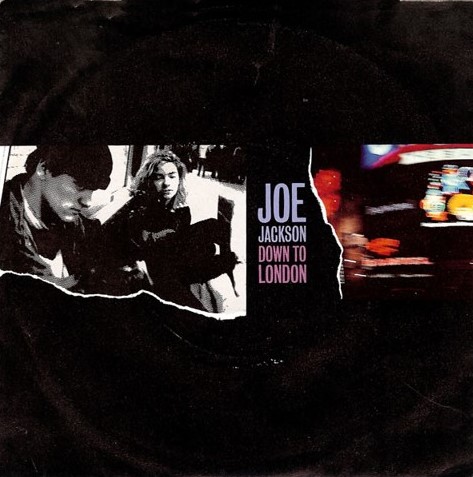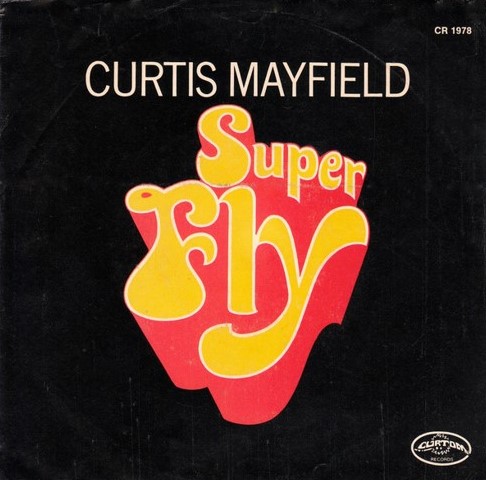Can you believe we already hit the last Sunday in July? It’s insane how time flies! Speaking of time, Sunday of course is the day on this blog when I’d like to take my readers on a special trip through space and time to visit some great music of the past and the present. Let’s do it!
Bobby Jaspar/Early Wake
The start of today’s journey takes us back to October 1954 into a studio in Paris, France, where Bobby Jaspar and other great jazz musicians recorded a groovy piece called Early Wake. The Belgian cool jazz and hard bop saxophonist, flutist and composer’s recording career only lasted from 1954 until February 1963 when his life was cut short by a heart attack at age 37. In 1956, he went to America and worked with the likes of J. J. Johnson, Kenny Burrell, Miles Davis and John Coltrane. On the above recording, Jaspar (tenor saxophone) was backed by Jean Aldegon (alto saxophone), Armand Migiani (baritone saxophone), Pat Neck (trombone), Roger Guérin (trumpet), Sadi (vibraphone), Pierre Michelot (bass) and Dave Pochonet (drums).
Sinéad O’Connor/Nothing Compares 2 U
On Wednesday, news broke that Sinéad O’Connor had passed away at age 56. No cause of death was provided. The Irish singer-songwriter and political activist is best remembered for tearing up a photograph of Pope John Paul II on U.S. live late-night television to protest child abuse by the Catholic Church and her incredible rendition of Prince’s Nothing Compares 2 U. While I suppose one can have different opinions over the form of her protest, sadly, O’Connor was proven right. Thirty years later, former Pope Benedict XVI apologized to sex abuse victims though denied any cover-up allegations. Nothing Compares 2 U, one of the most powerful ballads I know, appeared on O’Connor’s sophomore album I Do Not Want What I Haven’t Got, released in March 1990. This song still gives me chills.
Moby Grape/Mr. Blues
Let’s next head to San Francisco and June 1967, which saw the release of multi-genre psychedelic-flavored rock band Moby Grape’s great eponymous debut album. Their September 1966 formation in the City by the Bay was instigated by guitarist Skip Spence and manager Matthew Katz, who both had been associated with Jefferson Airplane. The band’s first incarnation ended in 1969, though they reformed multiple times and continue to perform occasionally to this day. Mr. Blues was written by Moby Grape bassist and vocalist Bob Mosley, one of three original members who remain part of the group.
Joan Jett and the Blackhearts/I Hate Myself For Loving You
Time for a stop-over in the ’80s. In May 1988, American rockers Joan Jett and the Blackhearts issued their sixth studio album, Up Your Alley. I guess a good deal of music fans shared the title’s sentiment. Up Your Alley became Jett’s second most successful album, climbing to no. 19 in the U.S. on the Billboard 200 and reaching Platinum status in February 1989 (meaning 1 million certified sold copies). Undoubtedly, the album’s appeal had something to do with its first single I Hate Myself For Loving You. The tune was penned by Jett together with album co-producer Desmond Child. Joan Jett and the Blackhearts still love rock & roll and are currently touring in the U.S.
Joslyn & The Sweet Compression/Honey Bee
For this next pick, we’ll time-travel back to the present and a cool smooth funk and soul band I saw live on Wednesday evening during a free summer concert-in-the-park-type event: Joslyn & The Sweet Compression. The group was formed in the late 2010s by great Kentucky vocalist Joslyn Hampton, who sounds a bit like Beyoncé, and her stepfather Marty Charters, a touring guitarist whose performing credits include Junior Wells, Buddy Guy and Van Morrison. Off their eponymous May 2019 debut album, here’s the groovy Honey Bee, which has a neat Nile Rodgers vibe – my kind of dance music! Their sophomore album Bona Fide is scheduled to come out on August 25.
Bad Company/Good Lovin’ Gone Bad
Once again we’re hitting the point where we need to wrap up our trip. This final tune takes us back to April 1975 and Straight Shooter, the sophomore studio album by Bad Company. The English rock “supergroup” was formed in 1973 by singer Paul Rodgers (formerly of Free), one of the great vocalists in rock; guitarist Mick Ralphs (formerly of Mott the Hoople); bassist Boz Burrell (formerly of King Crimson); and Rodgers’ former Free bandmate Simon Kirke (drums). During their initial 9-year run, Bad Company released six studio albums. They’ve since reunited several times and toured in various incarnations. Off Straight Shooter, here’s Good Lovin’ Gone Bad, written by Ralphs.
What’s missing? Of course, the Spotify playlist! Hope there’s something you dig!
Sources: Wikipedia; Joslyn & The Sweet Compression website; YouTube; Spotify
